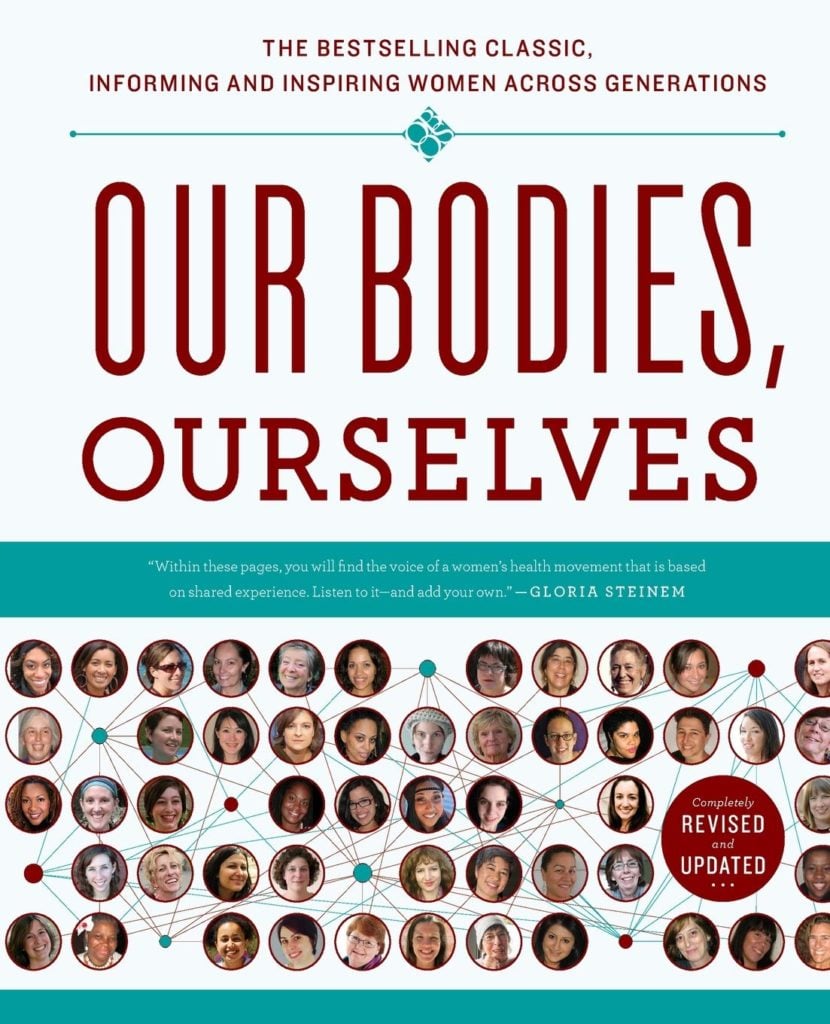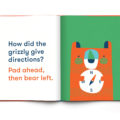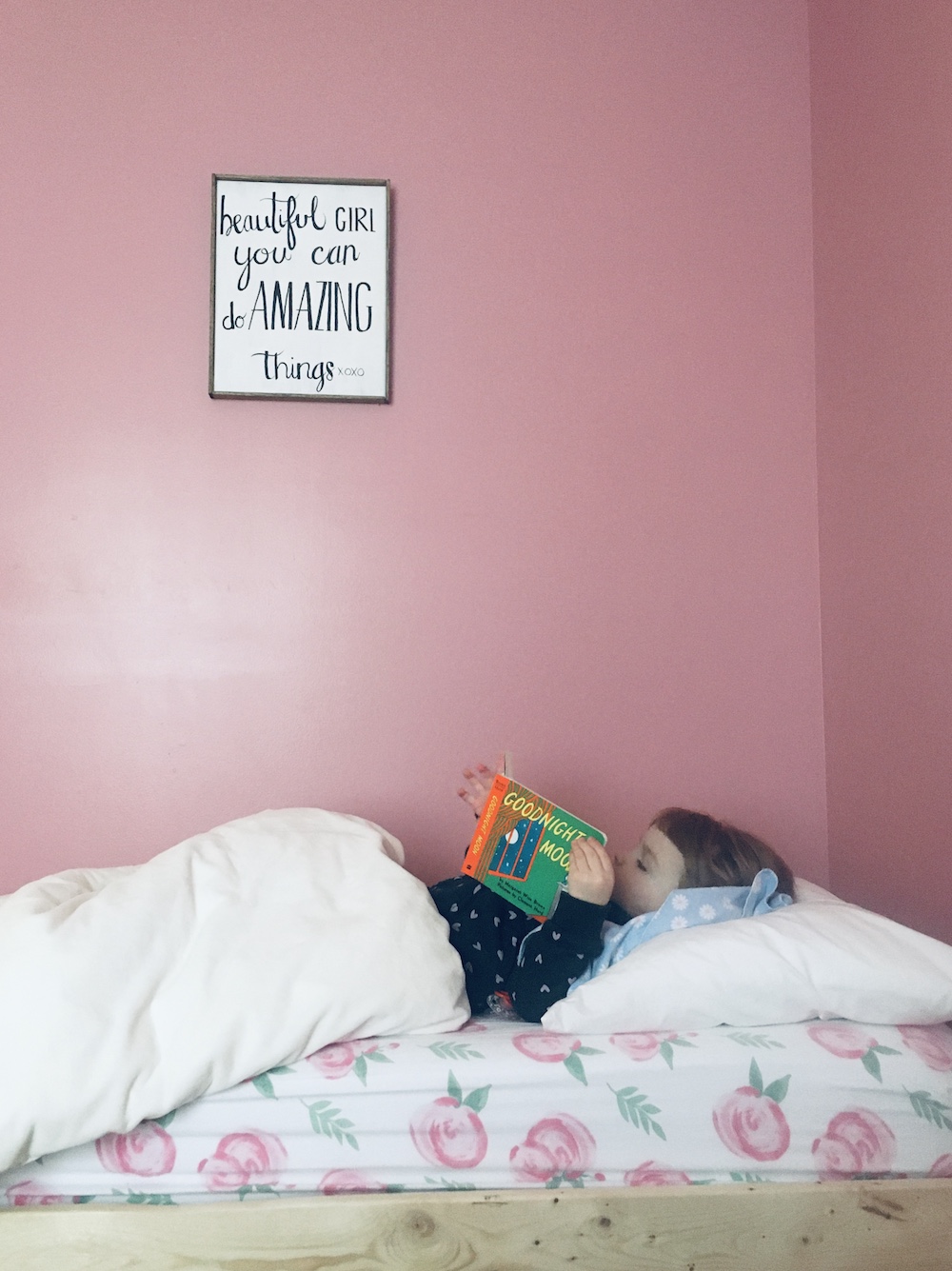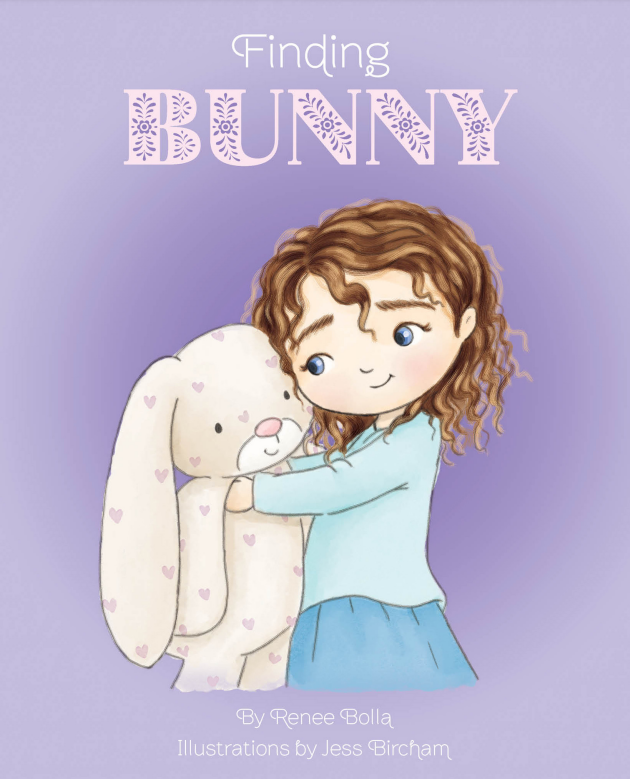The Boston Women’s Health Book Collective — the groundbreaking organization that published the original Our Bodies, Ourselves women’s health book — released Our Bodies, Ourselves: Pregnancy and Birth. Executive Director Judy Norsigian came to Minneapolis to host a reading at the University of Minnesota’s bookstore with Andy Steiner, a local author, and contributor to the new book. Norsigian sat down for a quick Q and A before heading to the U and answered a few of our questions.
Why Our Bodies, Ourselves: Pregnancy and Birth now, so many years after the original book was released in 1973?
Many people have said if you did a single topic it wouldn’t have to be a big 800-page book, we could carry it around, it could be more in-depth on that topic, why don’t you do a single topic book? We started with the menopause book and the second topic they really wanted to do was this topic. A number of the younger women there had read What to Expect When You’re Expecting and they hated it, they thought it was horrible fear mongering. I’ve never read it but I am struck by the number of women, midwives, doctors, educators who have mentioned that book and have blamed it for what they see as a climate of fear out there around childbirth. I don’t think it’s just one book. That was one of the things we did, we decided to begin our book with a chapter on creating a climate of confidence. We did have a very short section in Our Bodies, Ourselves talking about climate of confidence/climate of doubt talking about the alternative approaches to learning about birth and I think we carried that over. It’s a combination of making women believe that birth is an accident waiting to happen by all kinds of misleading things in the media and the misinformation about things like C-sections posited as the way to go, safer than vaginal birth that’s mythology.
The book features a lot of real women telling about their experiences with pregnancy and childbirth. How did you find them?
We just put the word out that we were writing this book and we just invited women to contribute, and a lot of them did. And at these bookstores I’m going to I’m getting fascinating stories too.
Is there a trend in moving towards midwives and birthing centers?
It’s a very interesting and complicated situation, it’s state by state, there are 20-some odd states that recognized direct entry certified professional midwives. And they are doing very well, they are saving money, Oregon just established that they are saving money by home births. It’s safe, the CPM 2000 study that was published in the BMJ journal in 2005 prospective trial 5,300 home births no greater risk of perinatal mortality and lower risks of intervention and that study should have solved this sort of problem we’ve got with obstetrics in this country opposing home births but it didn’t. In fact because of the Ricky Lake film “The Business of Being Born” ACOG (American College of Obstetricians and Gynecologists) came out with an even worse statement saying people who have home births are jumping on the latest fad and being selfish, just really disrespectful kinds of things, refusing to look at the evidence. Every other group of obstetricians in all these other countries, they support the choice of home birth.
What does this book offer that’s different than everything else on the shelves?
Women who’ve read the book say it doesn’t talk down to them, it’s just the right amount of information, it’s not fear mongering, it’s evidence based and we tell them where we get our information, we don’t make inappropriate assumptions. And we have material for women who are often totally neglected by books about pregnancy and birth: younger women, single women, women of color, women with disabilities, lesbians, older women, women who are HIV positive or have AIDs, and women who have experienced abuse. So we do have some material about all those unique situations, the voices of so many different women from diverse backgrounds, that’s usually missing in most books. And I think we passed the test for being a high-quality, evidence-based resource because the head of OBGYN at the University of Michigan just bought 4,000 copies of the book for every women coming into the University of Michigan health system for prenatal care. He says it’s the best thing out there and the single item women need to have.
How did you find all the different authors and experts that are featured in the book?
We already had millions of people in our network from working on Our Bodies, Ourselves over the decades. We had a lot of good critical review, and we put the word out. We got some folks who knew our books but hadn’t been in touch with us, so they sent writing samples and information about their perspective and philosophy. In the end we had about 150 people who contributed.
Was there a topic that really got the staff talking?
There are a lot of things that come up. One is if you get a positive amniocentesis result dos that mean you should automatically go out and schedule an abortion like many physicians are wont to do? No, it means you should get good counseling, you should understand that a positive test result tells you nothing about the severity of the condition so it might be that your baby is perfectly fine. I did a major talk show in the morning in Philadelphia where I noted that its inappropriate to just assume that a woman is going to have an abortion when she gets a positive amnio result and the woman interviewing me said “My friend had a positive amnio result and she had her baby and her baby is just fine, you could never tell.” Because Downs syndrome is so variable it can be so mild you’d never know, and there might be good resources in the community. So the idea that you’re going to automatically have an abortion without any counseling is a mistake. And we’ve got very good information about various genetic tests and prenatal screening.
What are some of the biggest challenges women face in relation to pregnancy and childbirth?
During pregnancy I think it’s really important to eat well, get a good amount of exercise and try to avoid horrible emotional stress if possible. And also I think that getting good information is a little bit of a challenge now with all the misinformation from the media, like you’re going to be incontinent if you have a vaginal birth, that kind of ridiculous stuff. And then I think choosing a caregiver. Many women seek midwives and don’t have them in their communities. So I would say nationally one of our challenges is bringing in more midwives
On your book tour what sorts of questions or comments do you typically get from the audience?
Well, women very upset that they can’t get VBACs (vaginal birth after caesarean). A couple of fathers said they thought a caesarean would be a piece of cake because they saw these movie stars on the beach in their sunglasses just weeks after the birth and they said it was anything but that. They said it was gory, it was really difficult, my wife’s recovery was not weeks it was months, it hurt to hold the baby, breastfeeding was harder.
What’s next for Our Bodies, Ourselves?
We’re going to be working with the midwives and the physicians and the community groups that want to bring back VBAC options. It might even take a lawsuit, and we’re part of that effort. We’re going to work on educating women through websites, blogs, and all kinds of resources out there to help women find out about this kind of information.
Minnesota Parent may earn a small commission for our endorsement, recommendation, testimonial, and/or link to any products or services from this website.


















